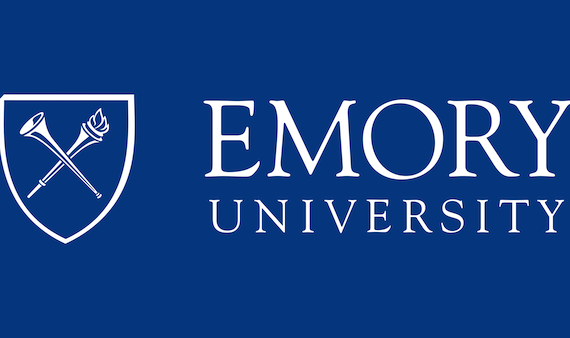Post-Doctoral Training Program, Health Services Research Center
Category : Alumni
The Health Services Research Center is inviting applications to its inaugural T32 Post-Doctoral training program.
The goal of this program is to train post-doctoral candidates from diverse backgrounds and disciplinary expertise in health services research. There are no specific requirements regarding the type of health services research candidates are pursuing. However, the program does have a special emphasis on research addressing disparities or inequities based on factors such as race/ethnicity, sex/gender, socioeconomic status, geographical residence, healthcare access, and physical/mental disability. Proposals should thus have a component that addresses equity or disparities.
A distinguishing feature of our program is the utilization of a multidisciplinary approach to expose trainees to multiple methods and research areas, from epidemiology and biostatistics to behavioral and social sciences, biological sciences, and health policy and implementation.
Training will include multidisciplinary mentoring along with coursework, inter-departmental seminars, hands-on research, grant writing and career development. Postdoctoral fellows will be MDs pursuing a career in health services research, or PhD graduates in epidemiology, health policy, health economics, or other relevant fields. Post-doctoral trainees will have the opportunity to obtain an MS in Clinical Research or a Certificate in Clinical and Translational Research and can select a personalized training pathway with didactic coursework, supplemented with online trainings from the Institute for Healthcare Improvement and other health system-engaged experiences. The program will concentrate on successful training and career development, supported by a diverse group of mentors and affiliated faculty from the School of Medicine, Rollins School of Public Health, and the School of Nursing. The program will emphasize multidisciplinary training, collaborative research, diversity of trainees, presentation skills, and project management. We place significant emphasis on mentorship and career development as well. The ultimate goal of this program is to prepare diverse individuals for leadership positions in health services research in order to improve outcomes and reduce disparities in health care and health care systems.
Please note that due to the compressed turnaround schedule of this first application process, this fellowship is only available to current post-doctoral fellows (as of July 1, 2023). This fellowship will cover a salary/stipend for 2 years and tuition for the MSCR or CCTR program and will start retroactively on July 1, 2023. For questions or additional information, please contact Tracy Obertone at tracy [dot] obertone [at] emory [dot] edu.
Applications are due by 5:00 pm Monday July 17th
